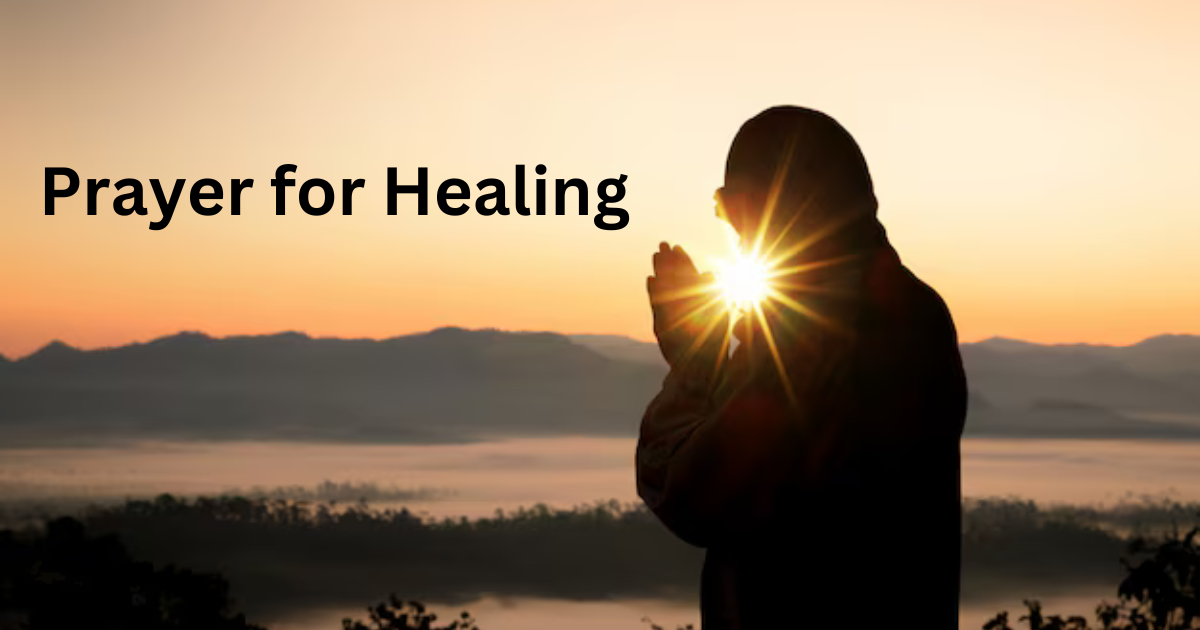Reasons for Doubting Empaths
Misconceptions or a lack of knowledge about what it means to be an empath are frequently the source of doubts regarding empaths. Many people believe that empathy is just the capacity for kindness or compassion, but for an empath, empathy is far more complex. In addition to having empathy, they frequently feel other people’s feelings as though they were their own. Others may become skeptical of this extreme sensitivity if they think it is overdone or unclear.
Furthermore, empaths may come out as overly sensitive or emotional due to the way they process and react to emotions. Others may find this degree of sensitivity upsetting, particularly if they are unaware of how intense an empath’s emotional experience is. Without understanding the particular difficulties empaths encounter in controlling their increased empathy, some people may even write them off as being unreasonable or too theatrical.
Doubt’s Effect on Empaths
When You Doubt an Empath or misinterpreted. To escape criticism, they may begin to doubt their own experiences or repress their emotions. Constantly doubting or invalidating their emotions might cause them to lose confidence in themselves and, in severe situations, experience anxiety or despair.
Because of their innate compassion and desire to assist others, empaths occasionally ignore themselves. When questioned, they could feel that their true qualities are not appreciated, which might make them turn away from those who don’t value their distinct viewpoint. Constantly demonstrating their emotions to others can have a draining emotional toll, making empaths feel alone and misinterpreted.
Comprehending the Empathic Experience
Because they are so sensitive to emotional energy, empaths frequently take in both the good and the bad feelings that are around them. They may connect with people on a deep level thanks to this special skill, but it can also make them vulnerable to emotional excess. This stress is exacerbated by being around others who question their experiences since empaths must handle not just their own feelings but also the doubt and negativity that are aimed at them.
Gaining insight into the empathic experience can have a big impact. When others take the time to consider things from their point of view, empaths feel valued and affirmed. Empaths feel more comfortable being open and genuine when their loved ones understand that they need to share their feelings without fear of criticism. Empaths can better control their emotional sensitivity when they have supportive interactions.
Providing Empathy Support When In Doubt
Think about taking the following actions to better assist an empath if you start to question their experiences:
Become Informed: Acquire knowledge about empathy and the distinct experience of empaths. Misconceptions can be avoided by understanding the distinction between fundamental empathy and empathetic abilities.
Encourage open communication by letting them express their emotions without criticism or interruption. They will feel appreciated and understood if you provide a safe environment for them to express themselves.
Provide Emotional Support: It might be difficult for empaths to locate someone who can relate to their sensitivity. Just recognizing their emotions without passing judgment can have a profound impact.
Honor Their Boundaries: Empaths might require additional time alone to recover. You can demonstrate your support for their well-being by acknowledging their need for privacy and respecting their boundaries.
How Empaths Can Handle Uncertainty
Even while empathy is a strong tool, empaths may find it difficult to deal with others’ persistent uncertainty. The following techniques can help empaths deal with uncertainty:
Have Faith in Your Emotions: Remind yourself that your feelings are real. You don’t have to defend your emotions to everyone.
Establish Healthy Boundaries: Limit who you open out to and how much you disclose in order to safeguard your emotional energy.
Make connections with people that appreciate and comprehend your empathetic nature in order to surround yourself with supportive people. These connections offer a much-needed emotional haven.
Seek Professional Assistance: Counseling or therapy can offer helpful coping mechanisms and an outside viewpoint on how to control and accept your empathy.
Engage in self-care by setting aside time to rest and concentrate on your health. For empaths who struggle with doubt, mindfulness exercises, writing, and meditation can be particularly beneficial.
Accepting the Power of Empaths
Relationships and society benefit greatly from the skills that empaths offer. They provide profound empathy, comprehension, and the capacity for sincere connection. Few people can provide comfort like an empath, who are frequently the first to recognize when someone is in need. It’s important to keep in mind that empathy is a unique and priceless gift, even though people who don’t completely comprehend empaths may be skeptical of them due to their sensitivity.
Empaths can encourage people to be more conscious and conscious of their emotional influence by embracing their sensitivity. Although doubt may surface, genuine empaths have the power to positively impact others around them, spreading empathy and understanding in the process.
Conclusion
The emotional connection and understanding that empaths offer to relationships might be hampered by doubting them. We can assist empaths feel valued and loved for who they are by acknowledging their individual experiences and creating a supportive environment. We can all learn to embrace empathy in our own lives by realizing that empaths provide a viewpoint that is deep and compassionate.
FAQs
Why are empaths questioned?
Because of false beliefs about empathy and sensitivity, many people have doubts about empaths. Because of their strong emotional attachment to others, they could perceive empaths as being illogical or excessively emotional.
How do empaths respond to others’ skepticism?
To safeguard their emotional energy, empaths might exercise self-care, establish boundaries, and surround themselves with encouraging individuals. Despite outside misgivings, they are able to remain true to themselves when they acknowledge the validity of their experiences.
How may an empath be supported?
Being patient, listening without passing judgment, and honoring their need for solitude are all parts of supporting an empath. Learning about empathy and validating their feelings can also have an impact.
Do empaths experience emotions in a different way than other people?
Indeed, empaths are extremely sensitive to emotional energies in their surroundings because they frequently see other people’s feelings as their own.
Is it possible for empaths to avoid experiencing emotional overload?
Even though empaths can’t completely prevent feeling overburdened, they can manage it with the help of professionals or understanding friends, self-care, and boundary-setting.











